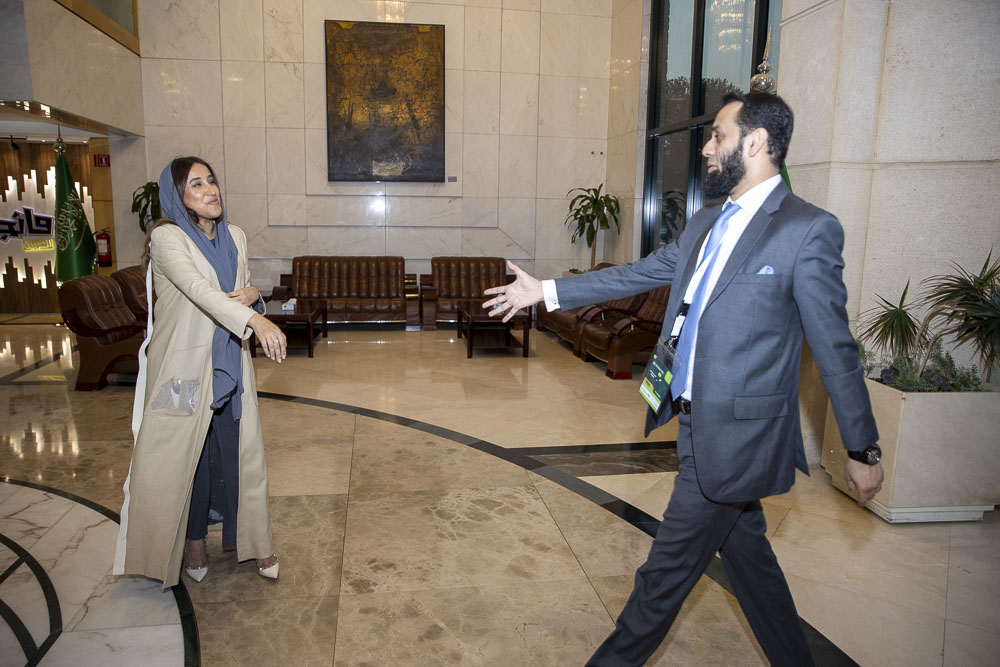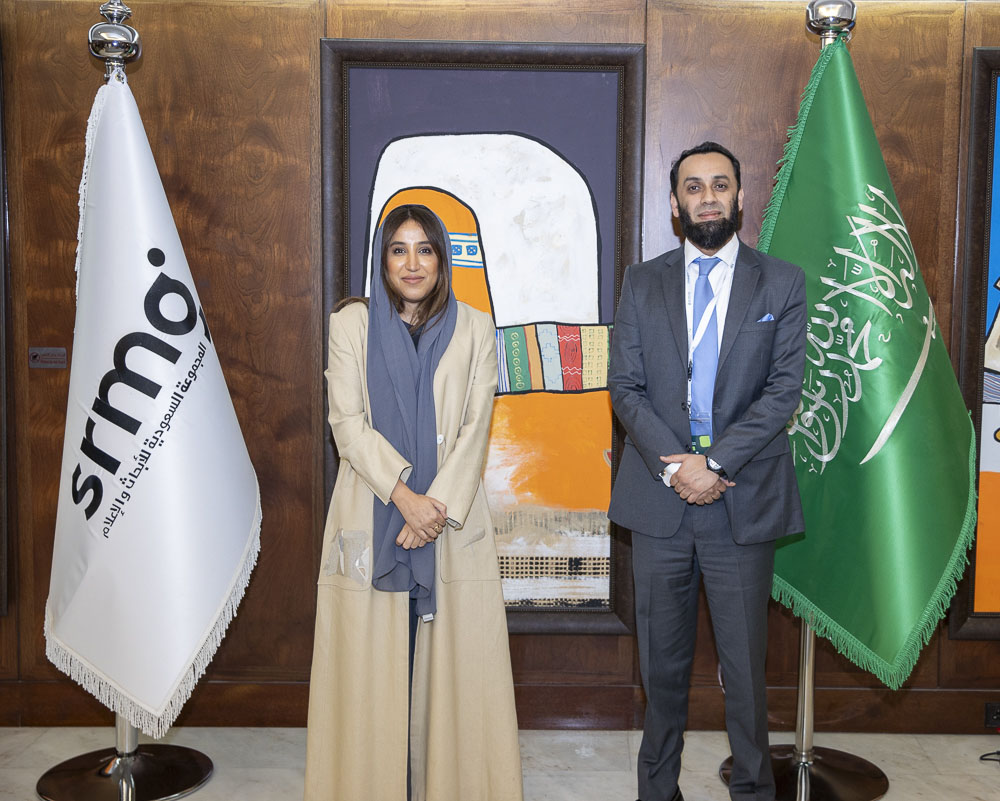ATLANTA: Giant billboards welcome Donald Trump to Atlanta as a “convicted felon,” while television ads show President Joe Biden falling off a bicycle.
Thursday’s debate between the two rivals in the 2024 White House race saw both sides ramp up personal attacks in a campaign already characterized by bitter animosity.
To mark the event in Georgia’s state capital, Biden’s Democratic Party paid for several huge billboards across the city.
“Donald, welcome to Atlanta for the first time since becoming a convicted felon. Congrats — or whatever,” read the sarcastic message under a picture of Trump’s police mugshot.
Trump was recently convicted in New York on 34 felony counts of falsifying business records, while the mugshot is from a separate case in Georgia where he has been indicted for trying to overturn the 2020 election results.
Never one to pull its punches, Team Trump had its own attacks ready.
One 30-second television ad to be aired during the debate savagely mocks Biden’s advanced age of 81.
Called “Who’s Laughing Now,” it shows footage of Biden stumbling on the stairs of his Air Force One plane, falling over while clipped into his bike and appearing lost on stage.
The narrator suggests Biden is too frail to complete a second term.
“Do you think the guy who was defeated by the stairs... got taken down by his bike ... lost a fight with his jacket ... and regularly gets lost... makes it four more years in the White House?” the voiceover asks.
Another ad focuses on Biden’s perceived weak points of migration and inflation, saying: “After four years of failure under Joe Biden, it’s time to make America prosperous and strong again.”
The potshots were also fired in social media messages and print ads, with Trump posting hours before the debate that Biden is “a threat to the survival and existence of our country itself.”
Biden’s campaign launched a new drive “laying out Trump’s extreme agenda” if he were to win the November 5 election and then enact a nationwide ban on abortion.
One ad contrasts “Donald Trump’s record as a self-centered criminal to President Biden’s record of fighting for the American people.”
Savage and mocking: Attack ads mark US presidential debate
https://arab.news/bfpt5
Savage and mocking: Attack ads mark US presidential debate



























